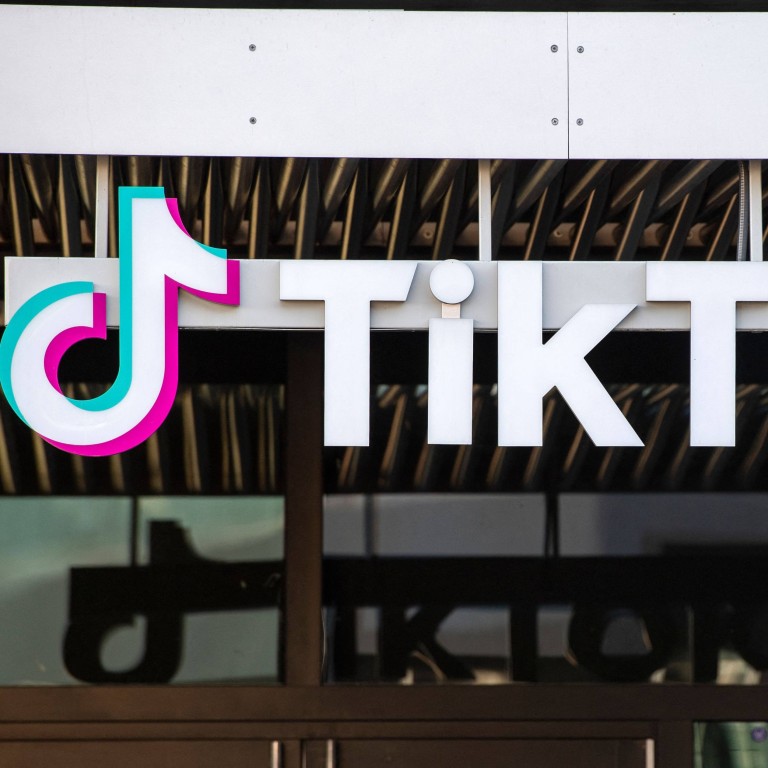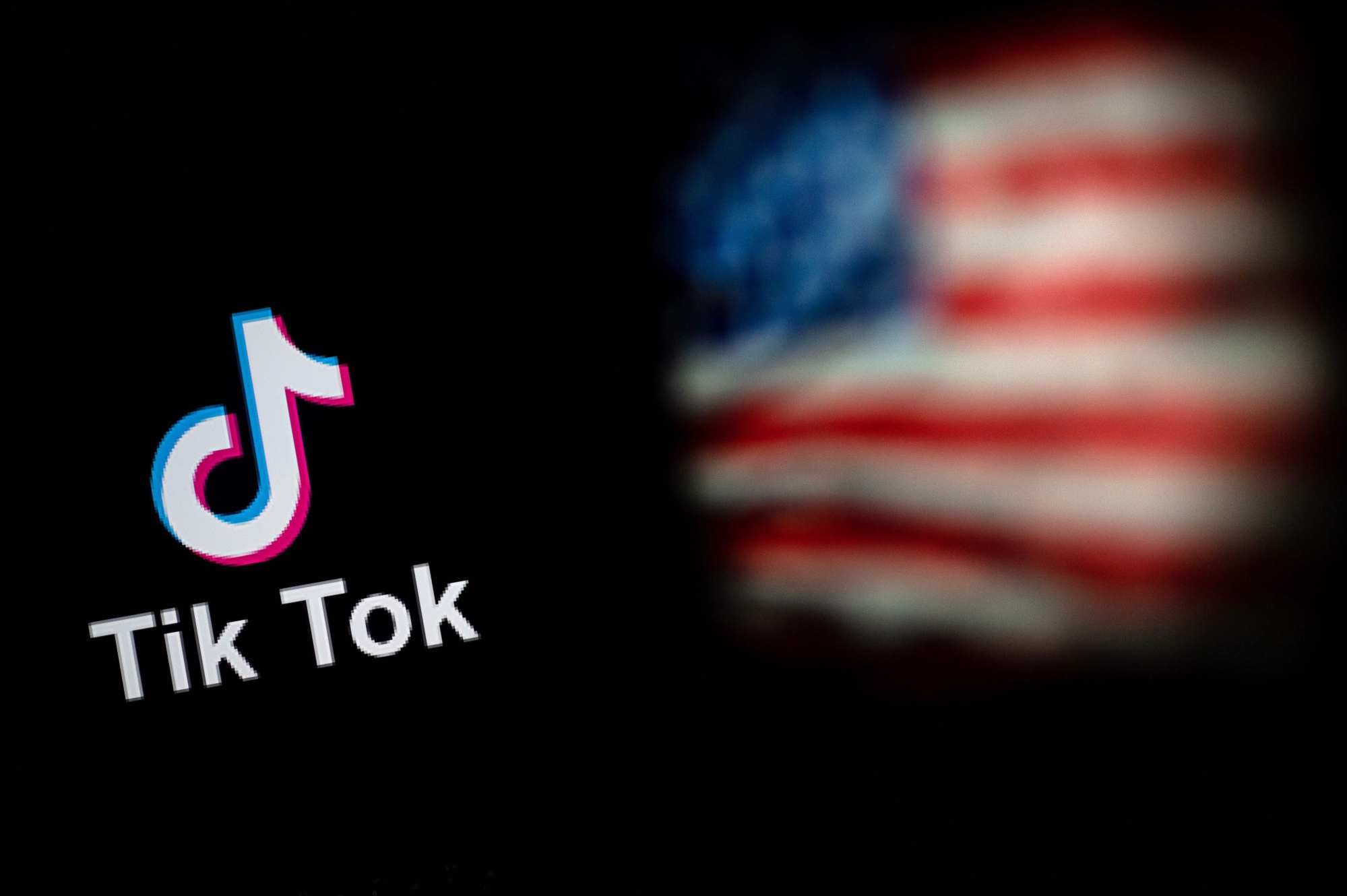
Beijing proxies voice support for TikTok as the ByteDance-owned video app faces bans in US, EU
- The Chinese ambassador to the EU tweeted that he was ‘very disappointed’, adding that the EU should ‘respect the principles of market economy and fair competition’
- A TikTok representative said the ‘rushed piece of legislation’ may have a ‘negative impact on the free speech rights of millions of Americans’
Chinese diplomats and state media are stepping up to criticise Western politicians seeking to ban TikTok in their respective countries, in contrast to the ongoing silence from the Beijing-based owner of the popular video app.
ByteDance, the Chinese tech conglomerate that owns the app, has remained silent on the issue, while a TikTok representative said it was “disappointed” that the “rushed piece of legislation” may have a “negative impact on the free speech rights of millions of Americans who use and love” the app.
Australia isn’t banning TikTok, yet. Neither is Japan
Fu Cong, Chinese ambassador to the EU, tweeted on Wednesday night that he was “very disappointed”, adding that “it is in the EU’s interest to … respect the principles of market economy and fair competition”.
Chinese Foreign Ministry spokeswoman Mao Ning said on Wednesday that the EU’s decision to ban TikTok on staff phones “undermines global confidence in the EU business environment”.
A day earlier, Mao said the US government had “overstretched the concept of national security and abused state power to suppress foreign companies” after it set a 30-day deadline to delete TikTok from federal devices.
TikTok is not available in mainland China or Hong Kong. Its sister version, called Douyin, has more than 600 million daily active users in China.
Later this month, TikTok CEO Chew Shou Zi is scheduled to testify at a hearing of the House Energy and Commerce Committee, in an effort to soothe mounting concerns from some US lawmakers about the app’s data security and links to the Chinese government.
Matthew Pottinger, a former deputy national security adviser, told a hearing of the House select committee on China this week that TikTok and other Chinese social apps in the US could give “the Chinese Communist Party the ability to manipulate our social discourse”.
Chinese state media also voiced support for TikTok, saying the crackdown was driven by concerns over TikTok challenging US internet giants.
“It is foreseeable that if the US does not go after TikTok and curb its growth in the relevant market, several leading US hi-tech and networking companies will be affected to varying degrees,” People’s Daily senior editor Ding Gang wrote in an article published by the newspaper’s tabloid affiliate Global Times.

In another article, Global Times quoted several Chinese analysts as saying the TikTok pushback by US lawmakers was designed to “serve their own politically driven purposes to demonise China and Chinese companies”.
Xiang Ligang, director-general of the Beijing-based Information Consumption Alliance, said the US ban of TikTok on federal devices was “a discriminatory policy” without any justifying evidence. Liu Dingding, a Beijing-based independent tech analyst, said the EU ban could shake the confidence of future investors, especially those from China.
Many Chinese netizens have compared Washington’s planned ban of TikTok to Chinese censorship of overseas apps such as Facebook and Twitter. A user on microblogging site Weibo, who goes by the pseudonym Dagutou, wrote that “the US is more like us now” when it comes to blocking apps.
Another Weibo user questioned whether “the US is the strongest country in the world, as it appears very weak now that its national security can be challenged by an app”.

